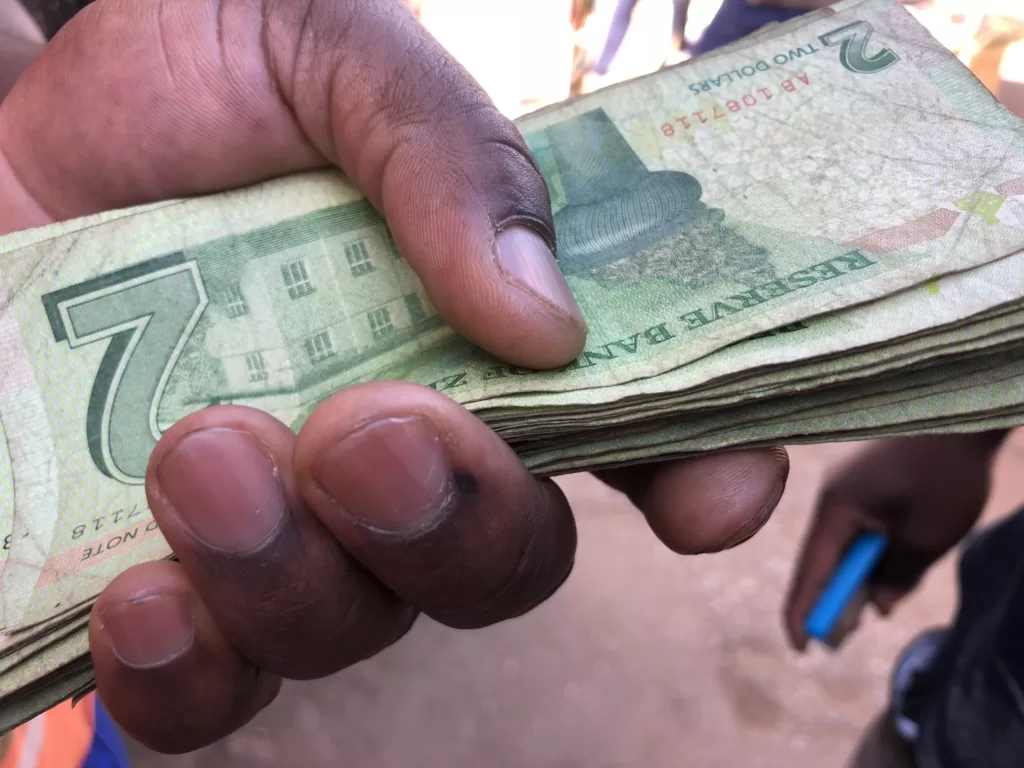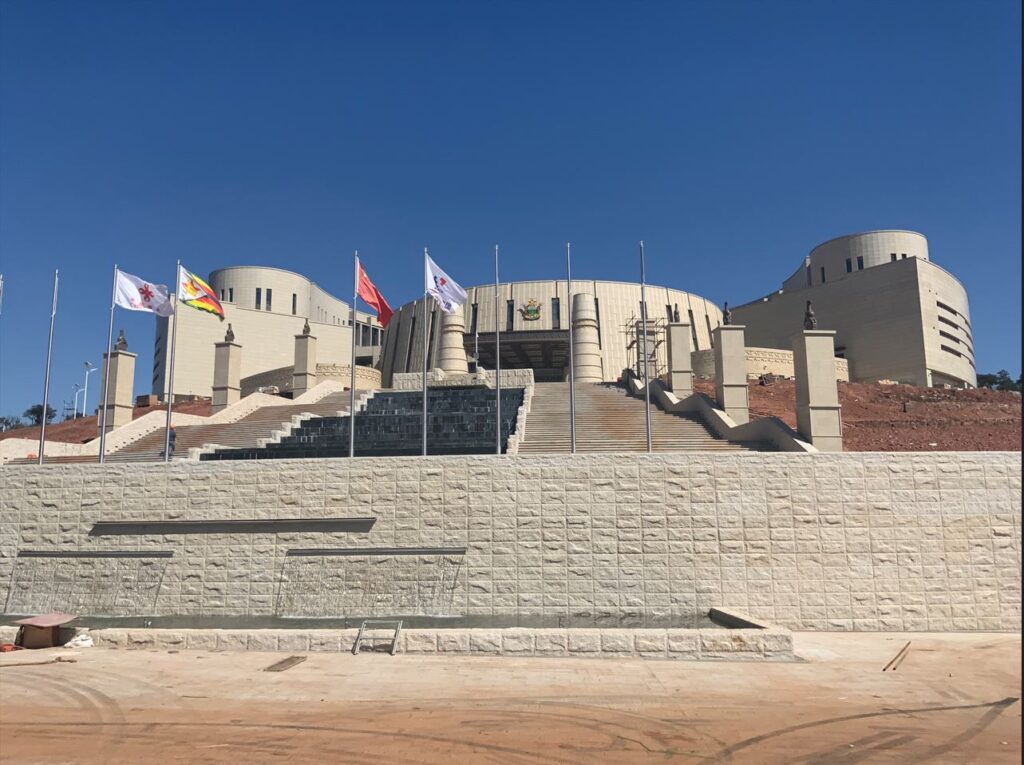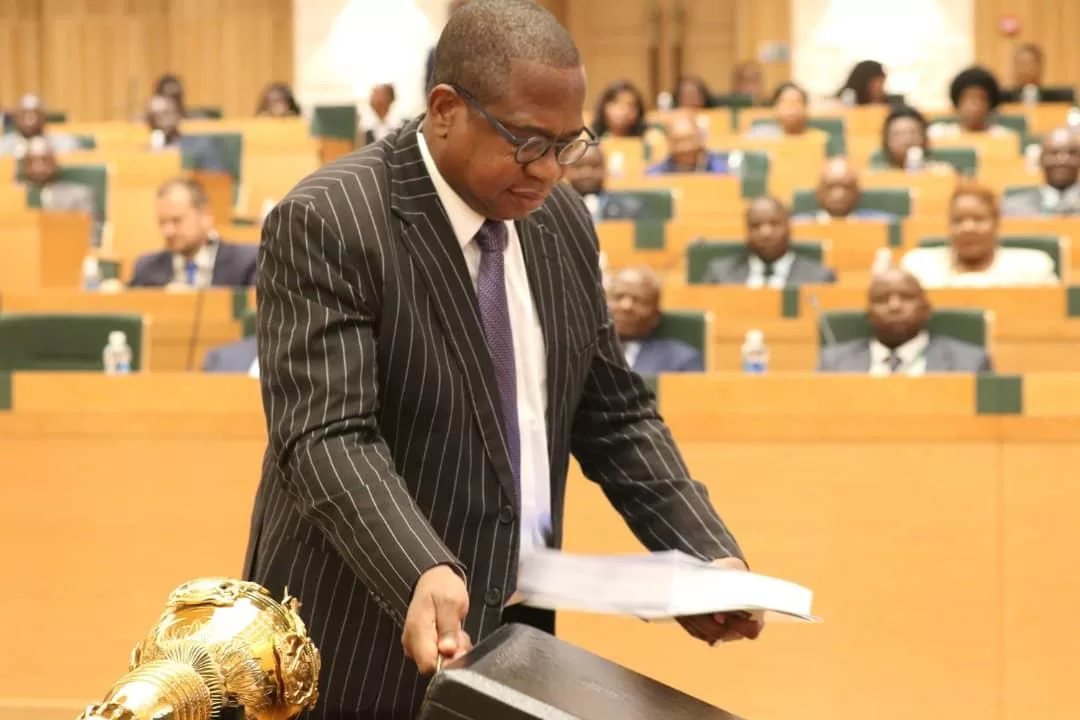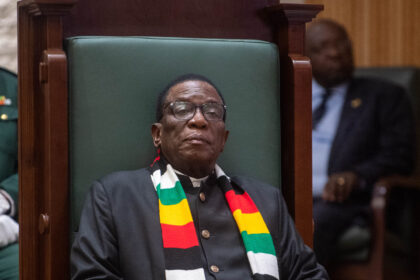Finance Minister Mthuli Ncube has tabled a ZW$63.1 trillion national budget for the 2024 financial year which starts in January.
The budget is composed of projected expenditures of ZW$ 58.2 trillion, and ZW$4.9 trillion for amortisation of loans and maturing Government securities.
Revenue collections for the year are estimated at around ZW$53.9 trillion (ZW$51.2 trillion tax revenue and ZW$2.7 trillion non tax revenue), leaving a total budget financing gap of ZW$9.2 trillion.

To finance the budget gap, the Minister is going to borrow ZW$9.2 trillion from the domestic and external markets.
This is not the first time that Zimbabwe has failed to live within its means. The government has been turning to the market each year to finance some aspects of the budget.

Speaking in the National Assembly during the presentation of the budget, the minister said ‘’The proposed expenditures take into account the following: The need to maintain the purchasing power of civil service salaries; ensuring provision of core social services that benefit the poor; sustaining maintenance and rehabilitation of government infrastructure; Prioritised support to on-going public infrastructure projects; non accumulation of arrears; and Increase funding of infrastructure projects through Private Public Partnerships.

The budget has however drawn criticism from various economic watchers, politicians and the general citizens who are arguing that it is not pro-poor and not reflecting of the situation obtaining in the country.



